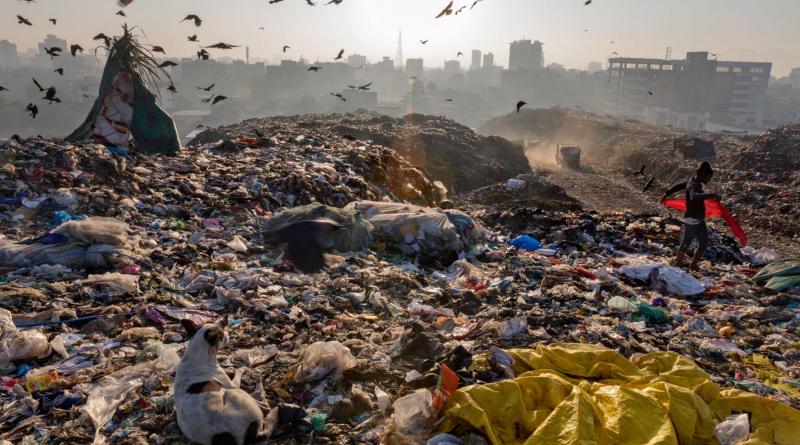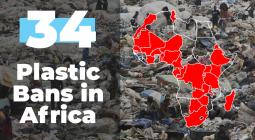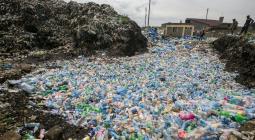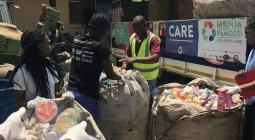GREENPEACE AFRICA: An even darker side to plastics in Africa.

Research shows a more horrific truth behind plastic production.
Africa has come a long way in moving towards a plastic-free future.
Did you know that Kenya is one of 34 countries in Africa that have either passed a law banning plastics and implemented it or have passed a law with the intention of implementation? Of the 34 countries, sixteen have totally banned plastic bags or have done so partially without yet introducing regulations to enforce the bans.
Kenya leads the way with the strictest ban on single-use plastic in the world. And it’s clear how this title was earned: importing, manufacturing or selling single-use plastic bags could earn companies a fine of up to $40,000. Using one, on the other hand, could see individuals slapped with a $500 fine. Sheesh!
But let’s be honest, no other continent has made such advances, and for that reason, we should be extremely proud.
The struggle, however, is far from over. In fact, new facts emerging from recent news show that we’re still on a steep uphill climb when it comes to ending the global dependency on plastics. The biggest manufacturers of plastic, such as Coca-Cola, have continued to produce ‘virgin’ plastics, all the while rescinding on, or making a minimum effort, to act on their commitments to minimise plastic pollution.
In fact, with stringent bans on plastic exports being enforced in former plastic destinations, Africa continues to bear the brunt of manufacturers’ insistence on producing and just as easily disposing of new plastic. This is in spite of the fact that we’re ill-equipped to handle the tons and tons of plastic waste coming our way. The effects of plastic pollution can be seen in many cities around the continent, where floods and landslides have worsened as a result of blocked drainage systems.
The recent oil spill in Mauritius is testament to the devastating import that plastic has on the environment at every stage of its production, from when fossil fuel is extracted and transported to when plastic is irresponsibly disposed of.
Visit our website to find out more about the plastic problem, and what you can do to help.
Thank you for standing with us,
The Greenpeace Africa Team
16 September 2020
GREENPEACE AFRICA




